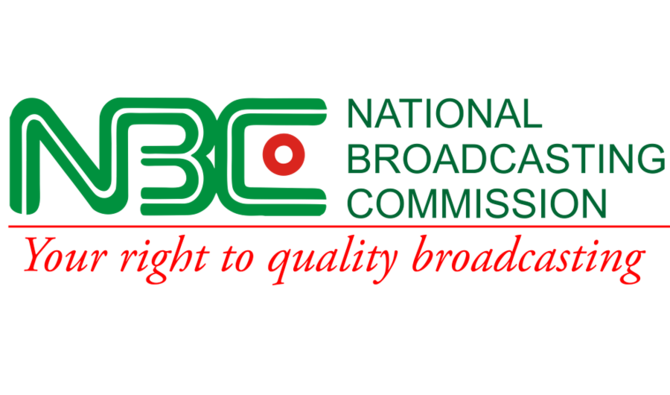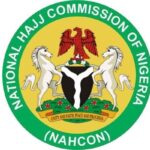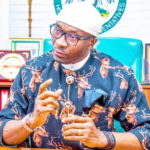Media experts and scholars have said the amendment to the 6th edition of the Nigerian Broadcasting Code is a threat to press freedom and hindrance to national integration; hence it should be reversed.
They spoke at the public presentation of a publication titled, “Question Marks on the 6th NBC Code Amendments,” organised by the International Press Centre (IPC).
- Lawyers in Justice Ministry get N258m as robe allowance annually – Malami
- Victims of FRSC vehicle crash cry out, demand compensation
“Journalists are the fourth estate of the realm, not the fourth estate of the wreck. Where will a media organisation that is fined N50million get the money from? The National Broadcasting Commission (NBC) is not a regulatory body but a trading firm,” said a former head of the Department of Mass Communication, University of Lagos, Professor Ralph Akinfeleye.
The executive director of the IPC and editor of the publication, Lanre Arogundade, said that by the amendment, the NBC would strangulate, instead of regulating the broadcast media.
He noted that the choice before the Nigerian public is either to push for a de-politicised and industry-friendly regulatory code for the broadcast sector or to accept one that strangulates and perpetually holds the sword of Damocles over the sector and its players.
“Consider the fact that section 2.127.2 of the Code seeks to confer arbitrary powers on the NBC to, among others, take-down or shut down a station for violating the provisions relating to web/online broadcasting without making any provision for stations that may be concerned to seek redress.
“Also consider the fact that the provisions of section 3.18.2 (e) and section 3.18.3 (a-d) constitute a usurpation of the functions and powers of the Nigerian Copyright Commission, with section 3.18.3 (d) being particularly offensive and anti-democratic as it seeks to oust the jurisdiction of the courts by making final the decision of Nigerian Copyright Commission on the issues referred to in the sections. Still about music, the provision of section 3.18.2 (e) does not consider the fact that not all artistic works are covered by or eligible for royalty,” he said.
The media activist added that the provision of section 5.6.1 warned against the use of user generated content that may embarrass individuals, organizations and the government.
“Indeed, by including the government among those that should not be embarrassed, the provision can intimidate the media while encouraging public officials to dodge the responsibility of accountability since that can always resort to the claim of being embarrassed,” he said.
He added that some of the provisions of the amendment undermine the obligation imposed on the media by section 22 of the 1999 Nigerian constitution to monitor governance and hold the government accountable to the people.
The co-editor of the publication, Dr Tunde Akanni, an associate professor of Journalism and director of Digital Media Research Centre of the Lagos State University, said the publication was a wake-up call on media professionals and other citizens itching to have good government in Nigeria.

 Join Daily Trust WhatsApp Community For Quick Access To News and Happenings Around You.
Join Daily Trust WhatsApp Community For Quick Access To News and Happenings Around You.


